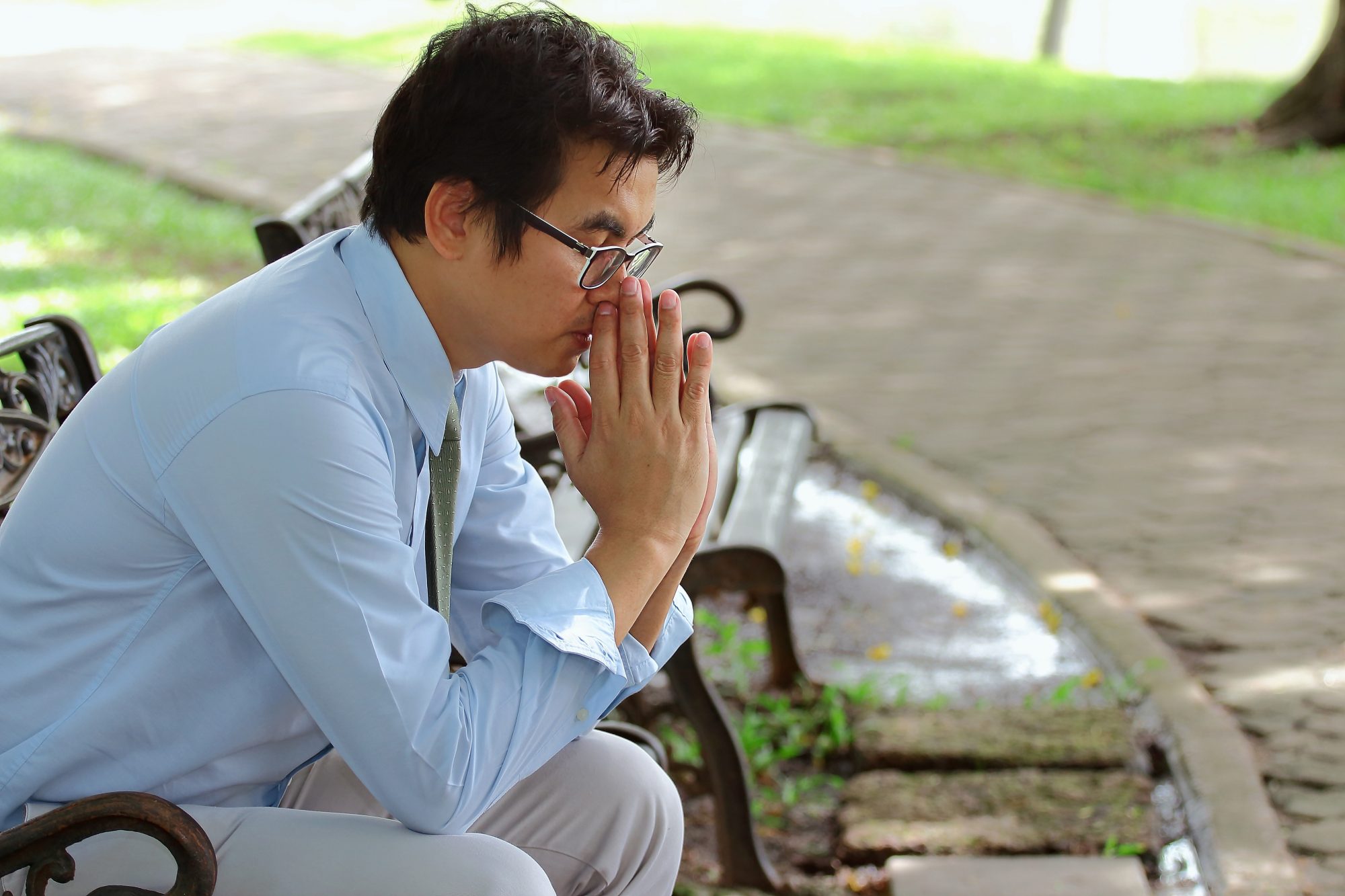Stress such as trauma, job strain, everyday worries and even discrimination contributes to the aging of the immune system
We all know that stress is bad for us, but now researchers have revealed that stress actually accelerates the rate at which our immune system ages. In other words, stress causes premature aging of the immune system.
Stress can be influenced by many factors, including the death of a family member, a relationship breakdown or financial concerns. Research is now suggesting that stress can increase a person’s risk of cancer, cardiovascular disease and illness from infections such as COVID-19.
These ground-breaking findings may explain why there are such disparities in age-related health and why some seemingly healthy individuals fared much worse than others during the height of the pandemic.
It is important for another reason too – it could also identify possible interventions to prevent avoidable illnesses.
The research was published June in the Proceedings of the National Academy of Sciences (PNAS).

Aging of the immune system associated with cancer, cardiovascular disease and organ system aging
Lead study author Eric Klopack, a postdoctoral scholar in the USC Leonard Davis School of Gerontology, commented: “As the world’s population of older adults increases, understanding disparities in age-related health is essential. Age-related changes in the immune system play a critical role in declining health. This study helps clarify mechanisms involved in accelerated immune aging.”
As we age, the immune system begins the process of downgrading. The condition is called immunosenescence. As an older person’s immune profile weakens, it includes too many worn-out white blood cells circulating and too few fresh, “naive” white blood cells ready to take on new invaders.
This process is associated not only with cancer, but with cardiovascular disease, increased risk of pneumonia, reduced efficacy of vaccines and organ system aging.
Why are there drastic health differences in adults of the same age?
USC researchers decided to investigate this very question and see what they could find.
The authors were looking for a connection between lifetime exposure to stress and declining vigour in the immune system.
By cross-referencing enormous data sets from University of Michigan’s Health and Retirement Study, a national longitudinal study of the economic, health, marital, family status, and public and private support systems of older Americans, they managed to come to a conclusion.
Researchers analysed responses from a national sample of 5,744 adults over the age of 50 to calculate exposure to various forms of social stress. They assessed respondents’ experiences with social stress, stressful life events, chronic stress, everyday discrimination and lifetime discrimination to determine their results.
Blood samples from the participants were then analysed through flow cytometry, a lab technique that counts and classifies blood cells as they pass one-by-one in a narrow stream in front of a laser.
As expected, those who achieved a higher stress score also had older-seeming immune profiles, with lower percentages of fresh disease fighters and higher percentages of worn-out white blood cells.
The association between stressful life events and fewer ready to respond, or naive, T cells remained strong even after controlling for education, smoking, drinking, BMI and race or ethnicity.
Improving diet and exercise behaviours in older adults may help offset the immune aging

Undoubtedly some stress is natural, and also impossible to control, but there may be a way of mitigating it, researchers claim.
T-cells, a critical component of immunity, mature in a gland called the thymus, which sits just in front of and above the heart.
As people age, the tissue in their thymus shrinks and is replaced by fatty tissue, resulting in reduced production of immune cells. Past research suggests that this process is accelerated by lifestyle factors like poor diet and low exercise, which are both associated with social stress.
“In this study, after statistically controlling for poor diet and low exercise, the connection between stress and accelerated immune aging wasn’t as strong,” said Klopack. “What this means is people who experience more stress tend to have poorer diet and exercise habits, partly explaining why they have more accelerated immune aging.”
Additionally, statistically controlling cytomegalovirus (CMV) positivity may also reduce the connection between stress and accelerated immune aging. Widespread CMV vaccination could be a relatively simple and potentially powerful intervention to the immune aging effects of stress.











